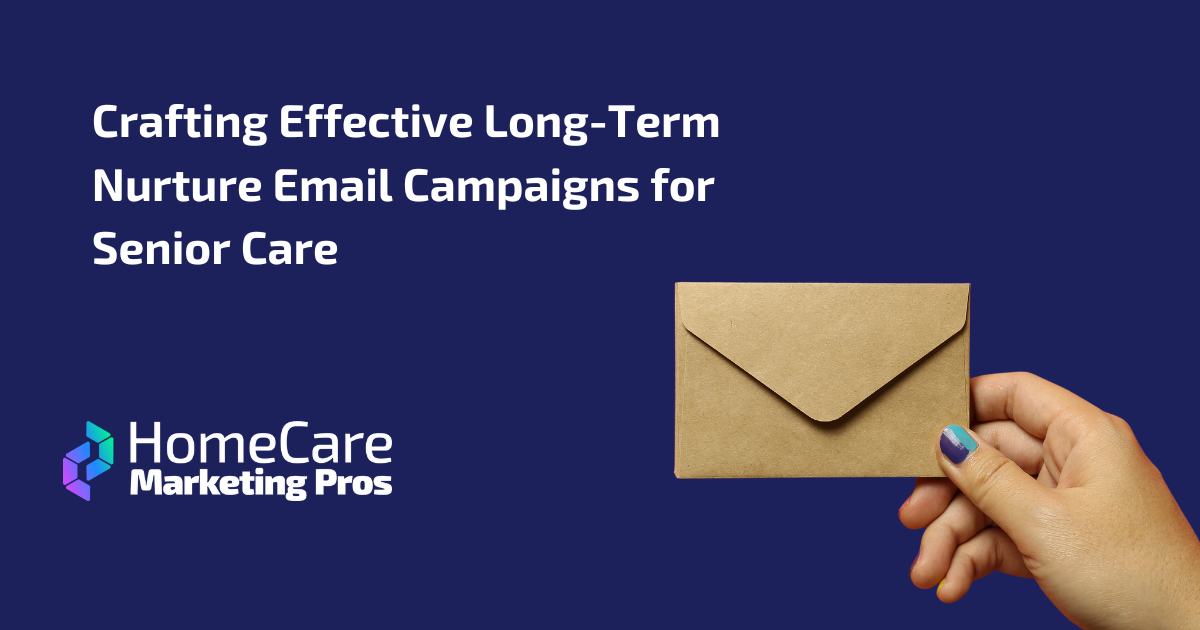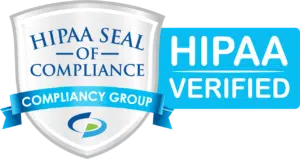Branding has become more-and-more important for home health marketing in recent years, given ever-increasing competition and the rise of social media culture. Companies have always been concerned about their reputations, but the wide-spread sharing of “reviews” online has increased the pressure. Wise home care industry leaders spend considerable energy fostering the right brand.
One of the best ways for caregiver companies to improve their images is to form “strategic partnerships” with well-respected organizations and charities that provide complementary services. These can be either for-profit businesses or philanthropic non-profits, but their objectives should have symmetry with those of a home care agency.
Here’s a look at strategic partnerships and why they matter in home health marketing.
What is a Strategic Partnership?
It’s important to start the conversation by clarifying what constitutes a strategic partnership. In the context of home care marketing, a strategic partnership can be defined as a collaborative effort between a caregiver agency and another company/organization for the purpose of achieving like-minded goals. It’s important to clarify that the goals don’t need to be the same but must simply share symmetry.
For example, a home care marketing liaison may partner with a hospice representative to lead a presentation on end-of-life care at a local hospital. The hospice company is obviously looking to secure hospice referrals, while the caregiver agency seeks home care referrals. But, the two services are complimentary, and both serve the same cause of assisting those in need of care and their families.
From a charity perspective, a home care agency may consider a strategic partnership with the Alzheimer’s Association, MS Society or similar organization focused on curing and managing chronic illness. While these are charitable causes and not for-profit companies, their goals align with those of a caregiver agency. In this scenario, a home care marketer may join a charity representative in leading an educational presentation on dementia or other disease.
Fosters Credibility
There are many ways that strategic partnerships help to build successful home care brands. One benefit is that they establish credibility within the community. Consider the afore-mentioned hospice collaboration. A small caregiver company can gain instant legitimacy when co-marketing with a large, nationally-recognized hospice organization.
Strategic partnerships can be further leveraged to build online credibility. Electronic marketing efforts and social media announcements can reference co-branded campaigns. Representatives should always ask permission to freely use partners’ company logos to maximize the effect.
Engenders Good Will
Consider the example of a home care agency partnership with a dementia-focused charity. Referral sources at hospitals and other healthcare professionals will likely view collaborative efforts as a service to the community. While there’s certainly a business incentive in doing so, it also constitutes a good deed.
Staying in the good graces of the local healthcare community is often the difference between success and failure for a home care agency. Hospital case managers, social workers and doctors enjoy a wide variety of caregiver resources, and they often refer to companies they “like.” While acts of charity should be done without expectation of reciprocation, there’s nothing wrong with a win-win situation!
Extends Influence
Strategic partnerships also allow small and midsize home care agencies to magnify their influence substantially. A typical one-location caregiver company may only have a single home health marketing person. However, the right collaborations enable modest operations to tap into an abundance of sales resources. In some situations, marketers from other companies may actually serve as de-facto employees.
In addition to scheduling lucrative in-services and referral source meetings, representative from partnering companies may assist in distributing co-branded print materials to hospitals and other valued accounts. Also, charitable-organization partners may further advance online home health marketing efforts via their own websites and social media accounts.
Provides Free Employee Education & Training
It’s easy to only focus on the home health marketing value of strategic partnerships, but there’s also something to be said for the educational and training benefits. Caregiver companies navigate a very complex industry, and employees can learn something new every day. Strategic partnerships—either with for-profit healthcare companies or non-profit charities—usually help to educate home care agency teams.
The discussed hospice collaboration, for example, can help teach home care staff the basics of end-of-life care. This knowledge proves useful during home care assessments with the families of hospice patients. Home care representatives can never have too much industry knowledge, and those who are most informed stand the best chances of securing new clients.
Conclusion
In the end, strategic partnerships are all about collaborative efforts to improve the lives of others while also growing business. Home care agencies should never lose focus of core mission values, but there’s nothing wrong with win-win relationships that are both charitable and good for the bottom line. Home health marketing campaigns that leverage well-matched partnerships will accelerate community presence and build a better company brand!
If you’re a home care agency owner seeking to improve your home health marketing strategy, be sure to talk to America’s best caregiver marketing company!










